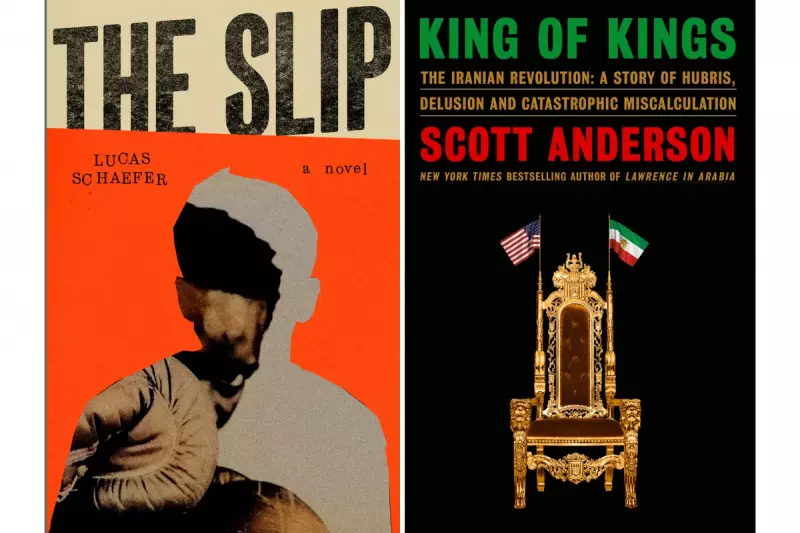
Iran's diplomatic mission to the United Nations has delivered a sharply worded warning to celebrated Indian author Arundhati Roy, creating international ripples through literary and political circles. The confrontation emerged after Roy referenced American writer James Baldwin during a discussion about political dissent and freedom of expression.
The Literary Spark That Ignited Diplomatic Fire
Booker Prize-winning novelist Arundhati Roy, known for her political activism and critical writings, found herself at the centre of an international incident after making references to James Baldwin's work. The exact context and content of Roy's remarks that triggered the Iranian response remain closely guarded, but the reaction from Tehran's UN representatives has been unequivocally severe.
In an unusual move that bridges literature and international diplomacy, Iranian officials issued a formal statement threatening consequences for the acclaimed author of The God of Small Things. The warning represents a significant escalation in how nations respond to literary and philosophical expressions that challenge political orthodoxies.
Historical Echoes in Contemporary Conflict
The shadow of the Shah's regime and Iran's revolutionary history looms large over this diplomatic confrontation. James Baldwin, the celebrated African-American writer whose work Roy referenced, was himself no stranger to political controversy during the civil rights movement and beyond.
This incident highlights the continuing tensions between:
- Artistic freedom and state sovereignty
- Literary expression and diplomatic protocol
- Historical references in contemporary political discourse
International Literary Community Reacts
The threat against Roy has sent shockwaves through global literary circles, where the author is revered not only for her fiction but for her courageous political commentary. The situation raises pressing questions about the boundaries of diplomatic engagement with artists and intellectuals who operate outside formal political structures.
As the story develops, observers are watching closely to see how international literary organisations and free speech advocates will respond to what many are characterising as an unprecedented threat against a major literary figure through diplomatic channels.
The confrontation between Roy and Iranian officials at the United Nations represents a troubling new frontier in the relationship between state power and literary expression, setting a precedent that could have far-reaching implications for writers and political commentators worldwide.






